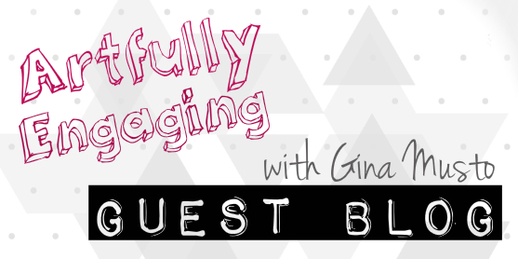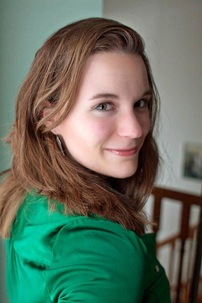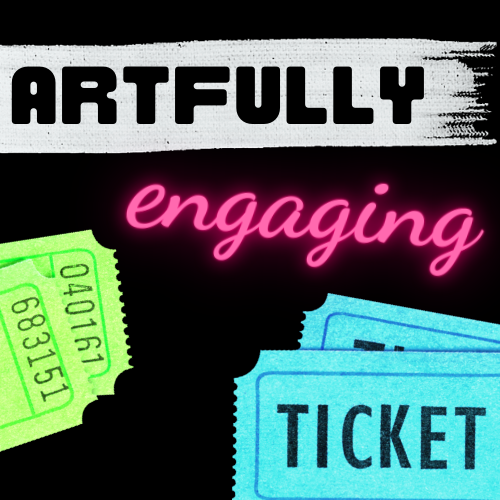I'm a dramaturg I’m a dramaturg. I’d never heard the word until my senior year of college. I realized immediately after it was explained to me that it was what I’ve always wanted to do. Theater is a huge passion of mine and has been since I played in the orchestra pit of my high school’s musicals each spring. I loved the feeling of being a part of a larger whole and of collaborating with a community and producing something that could elicit an emotional and personal response from an audience. |
An English professor of mine once put it like this: the dramaturg is like a midwife. They don’t have the baby, they don’t raise the baby, but they are there to help with delivery, to ensure that the child is born healthy, and to look after the mother’s well-being. I have the opportunity to interact with a diverse collective of people who come together to produce something amazing, and it’s a wonderful experience to see a show go from early rehearsals, to tech week, into opening night.
Production Dramaturgs:
- Work on a specific show during the rehearsal process
- Are especially helpful for shows that have historical roots
- Research specific eras, people and social events and provide this info to the cast and creative team (in order to ground the show and prevent anachronisms)
- Provide information on past productions, social and cultural themes, and scholarly and journalistic criticism, depending on the director’s needs
- Also may provide textual analysis for plays with complex texts (i.e.: Shakespeare)
Literary Dramaturgs:
- Work as researchers (like production dramaturgs)
- Provide articles for play guides, programs, and scholarly journals
- Often work in literary departments (e.g.: Guthrie Theater)
- Also may work as production dramaturgs
- Much like an editor, help new plays take shape by providing writing advice
- Work with structure and format of play to make sure story is clearly expressed
- Especially helpful for new playwrights
- Largest growing area of dramaturgy
I’ve worked primarily in literary and production dramaturgy. I started writing play guides for History Theatre and later had the opportunity to work on the summer workshop of one of their new plays, Complicated Fun, by researching the historical context (the 1980s, in this case, especially the music scene in the Twin Cities at this time), providing visuals of the people and culture the play focused on, and putting it all together in a book for the creative team to reference. Then I visited the 80s once again, this time in apartheid South Africa for My Children! My Africa! at Park Square, again focusing on research and visuals to post in the rehearsal room. But on that project, I also had the opportunity to work with the marketing department to create display boards containing the visuals I posted for the cast in order for the audiences to experience the same collage that the cast saw each day. While it doesn’t always come with the territory, I am deeply invested in audience development and delight in providing more background about a show and engaging with audiences through new opportunities.
Dramaturgy isn’t easy and I have much to learn myself. There are endless possibilities when working on a show and sometimes it isn’t always clear what should be researched or how to answer a particular question. There is also the added challenge of proving one’s worth, especially when certain kinds of research might rather be given to the director or done personally by each person on the creative team. Experience is the key to all of this: learning to focus on certain aspects of research rather than trying to answer everything, asking questions when things become unclear, and working as hard as possible to show that dramaturgs can make a difference. I’ve found that certain traits are helpful in this line of work: a lot of compassion (for people, for theaters, for subject matter plays deal with), a whole lot of curiosity, a knack for research and writing, and a strength in listening rather than talking (I especially love listening to people talk about what they are passionate about). Though we aren’t recognized for our work the way other production members may be, there is a great reward in knowing that someone has learned from the information you’ve shared and that you’ve helped a production come to fruition in a unique way that might just fill a void that others may never have known was even there. For me, that’s recognition enough.



 RSS Feed
RSS Feed

